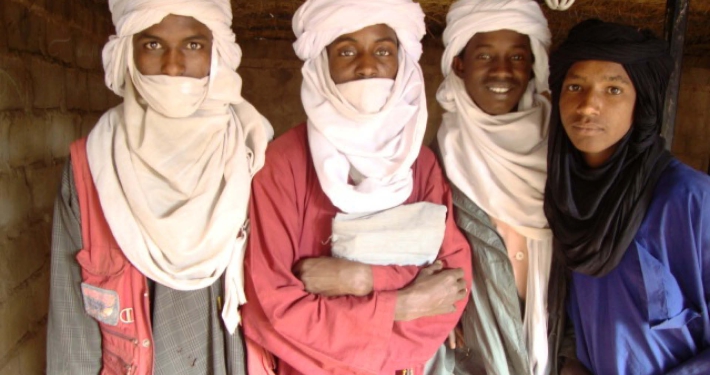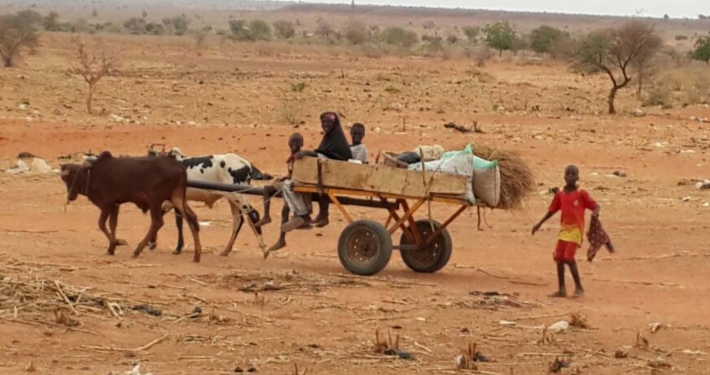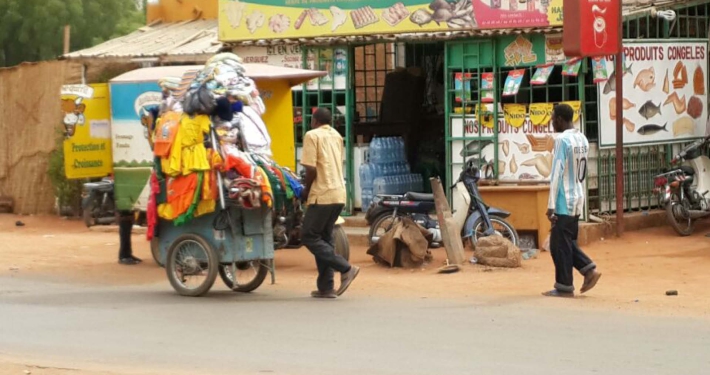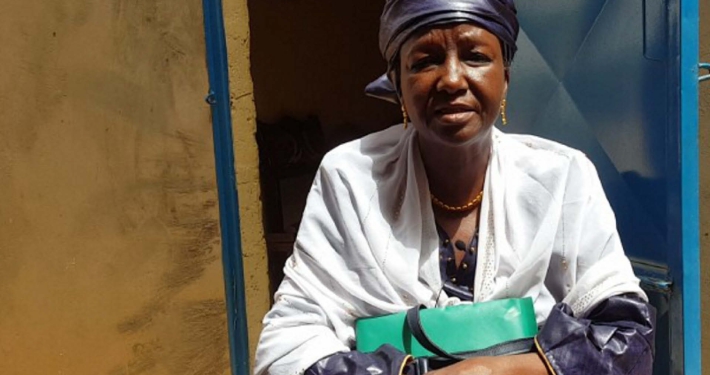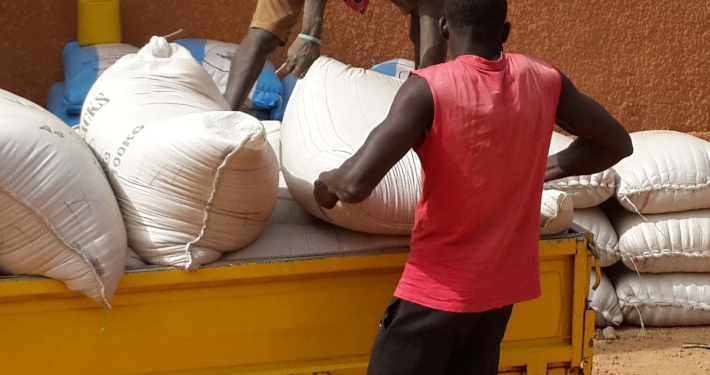Niger is a Muslim majority nation. An estimated 96.1% of the country’s population follows Islam. Most Muslims in Niger are members of either the Tijaniya or Qadiriya Sufi orders, although radical Islamic elements seek to disassociate the population from Sufism and encourage Salafism. Additionally, there are smaller Islamic groups in Niger, including the Kalikato, who have a belief system like Boko Haram in rejecting all influences from the West. Indeed, the influence of Boko Haram seems to be spreading from northern Nigeria into Niger.
The propagation of more radical Islamic ideologies in Niger is advancing in tandem with the rise of aggressive jihadism, signifying a deeply concerning trend. Not only are these ideologies driving violent actions, but they are also being spread through non-violent means. Such methods include the use of religious institutions like madrassas and other platforms for indoctrination, thereby amplifying their reach and impact across various levels of society.
Despite the government’s attempts to control what is taught in the many madrassas in the country, there is concern that these could be playing a role in the radicalization of the youth. Any such radicalization is likely to make life more difficult for Christians in the country, especially as the whole Sahel region is already under serious jihadist threat.
According to the US State Department (IRFR 2022 Niger):
“There are several hundred Baha’i, who reside primarily in Niamey and in communities west of the Niger River.”
“A small percentage of the population adheres primarily to Indigenous religious beliefs. Some Muslims intermingle animist practices with their practice of Islam, although observers note this has become less common over the past decade due to the influence of countries such as Saudi Arabia, Iran, Turkey, and Kuwait.”
“The government prohibits open air, public proselytization events by all religious groups due to national security concerns. There is no legal restriction on private, peaceful proselytization or conversion of an individual from one religious faith to another as long as the group sponsoring the conversion is registered with the government.”
Although there were missionary expeditions along the Niger River in the 19th century, Christianity did not become established in the country until the 20th century. The Sudan Interior Mission started working in Niger in 1923 and the Evangelical Baptist Mission in 1929. The Roman Catholic Church came to Niger in 1931 from its main mission base in Dahomey (now Benin) and has since set up two dioceses. (Source: Dike K O: Origins of the Niger Mission 1841-1891, Anglican History, 1962)
The areas outside the main cities, especially outside the capital city, are the main areas where Christians experience persecution. Taking advantage of the COVID-19 crisis, Islamic militants were able to expand their areas of influence, which has put more Christians under pressure, particularly in the western areas of the country.

